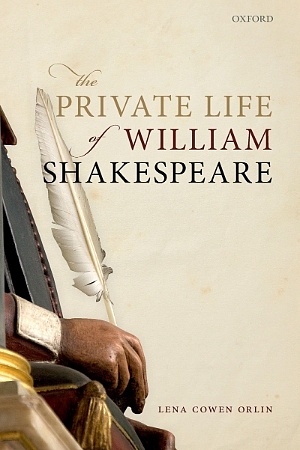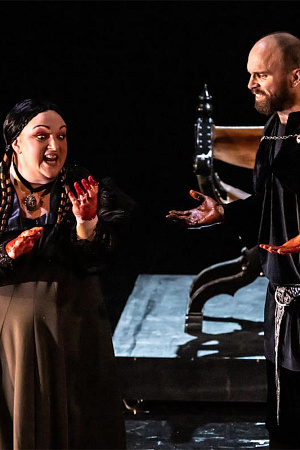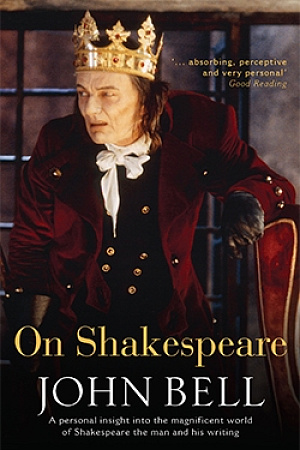Shakespeare Revisited
In some basic respects, The Recurring Miracle and Antic Fables represent opposite ways of approaching Shakespeare.
Derick Marsh wrote his book in 1960, during a period of imprisonment without trial or charge at Pietermaritzburg prison, after the massacre at Sharpeville. Although he never refers directly to African politics, he responds to Shakespeare’s last plays in a strongly personal way, as ‘an examination of the continual clash between good and evil’. Perhaps the most compelling parts of his book are those discussing the way good characters in these plays confront calumny and hate, and how their goodness endures even in apparently hopeless circumstances. His insight into Hermione and Imogen is evidently based on a quite warm and, tender identification with them. At times he seems to force out of these plays an explicit meaning they do not readily reveal – for example, his assertion that, in Cymbeline, Shakespeare denies the possibility of life after death. But Professor Marsh does bring out very convincingly in these plays an abiding sense of the value of life, even in times of extreme adversity and injustice.
Continue reading for only $10 per month. Subscribe and gain full access to Australian Book Review. Already a subscriber? Sign in. If you need assistance, feel free to contact us.










Leave a comment
If you are an ABR subscriber, you will need to sign in to post a comment.
If you have forgotten your sign in details, or if you receive an error message when trying to submit your comment, please email your comment (and the name of the article to which it relates) to ABR Comments. We will review your comment and, subject to approval, we will post it under your name.
Please note that all comments must be approved by ABR and comply with our Terms & Conditions.